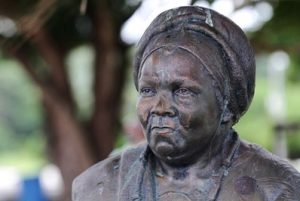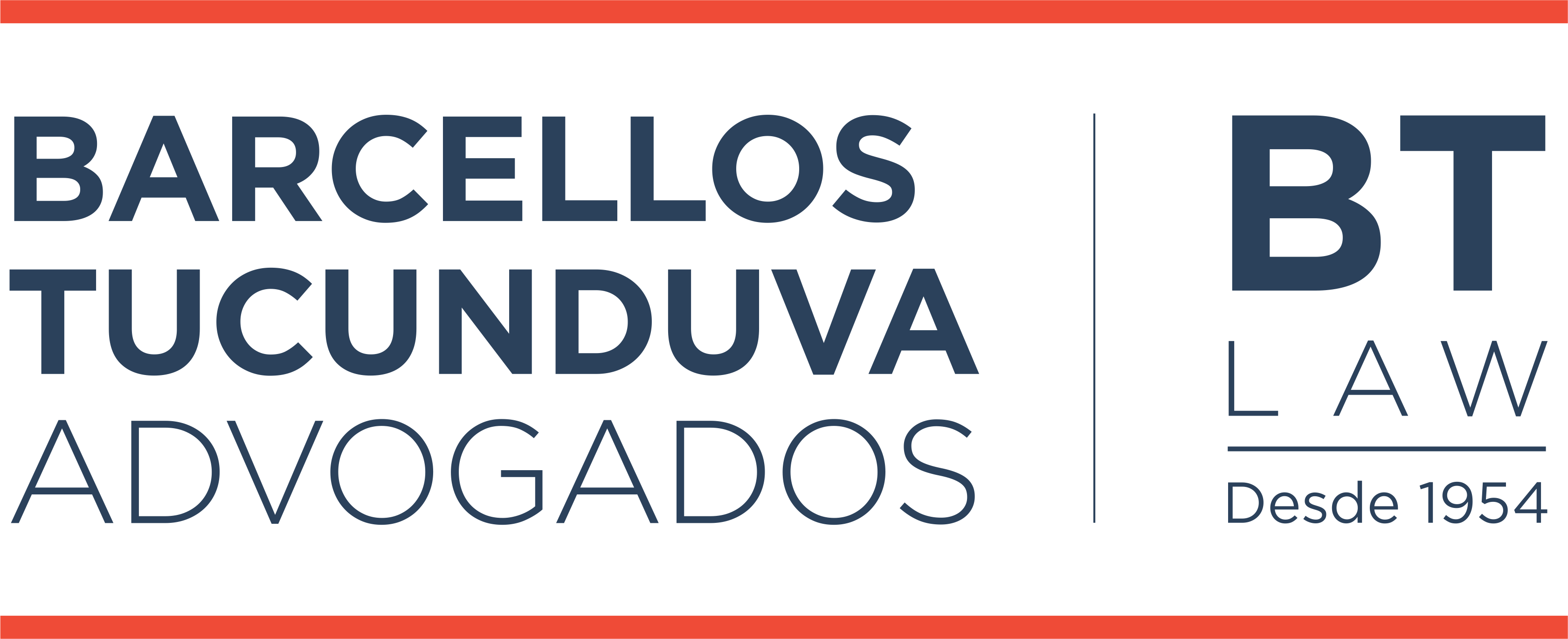Today, 21 January, World Religion Day is celebrated, a date created in 1949 by the National Religious Assembly of the Baha'is, a religion that originated in Persia in the mid-19th century. The celebration aims to promote respect, tolerance and dialogue between all the different religions in the world, encouraging them to live together peacefully and fraternally.
In Brazil, through Law No. 11.635 of 27 December 2007, the National Day Against Religious Intolerance was established, celebrated annually throughout the country, also on 21 January. This law was enacted in honor of the religious leader Mãe Gilda, of the Candomblé Ilê Abassá de Ogum terreiro in Salvador (BA), who died in 2000 of a fulminant heart attack as a result of depredations in her religious space and physical and verbal attacks by intolerant people.
Religious freedom is recognized in an absolute form by the Universal Declaration of Human Rights, and its article 18 by defining that: "Everyone has the right to freedom of thought, conscience and religion; this right includes freedom to change his religion or belief and freedom, either publicly or privately, to manifest his religion or belief in teaching, practice or worship."
Notwithstanding that the Federal Constitution of 1988 declares in its Article 5, item VI, the fundamental right to religious freedom, stating that "freedom of conscience and belief is inviolable, the free exercise of religious services is guaranteed and the protection of places of worship and their liturgies isguaranteed, as provided by law", it is observed today, 33 (thirty-three) years after the promulgation of the Charter, the recurrent disrespect to religious practices of people of diverse origins and cultures. Their violation is a threat to the democratic state, which values human rights and fundamental guarantees.
We note that Law No. 13,746 of 12 March 2021 regulated, in the State of São Paulo, the constitutional principle of free exercise of the right to belief, establishing that any distinction, exclusion, restriction or preference based on religion or beliefs, and any use or incitement to violence against individuals or religious groups on account of their religious creed, will be liable to criminal, civil and administrative liability.
The BTLaw repudiates any act of discrimination or prejudice against religions and informs that at the federal level, Law No. 9459 of 13 May 1997 characterises religious intolerance as an illegal practice and is considered a crime punishable by imprisonment from one to three years and a fine.

*Image of statue in honour of Mãe Gilda.
